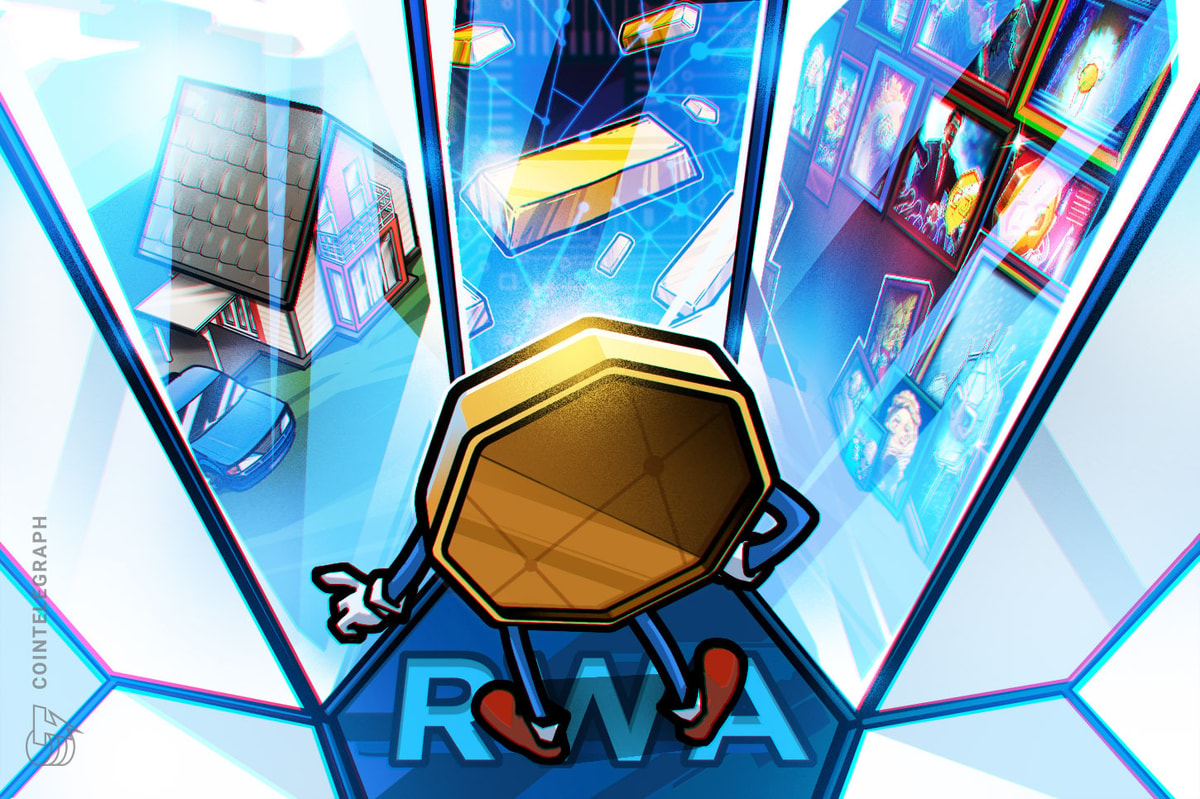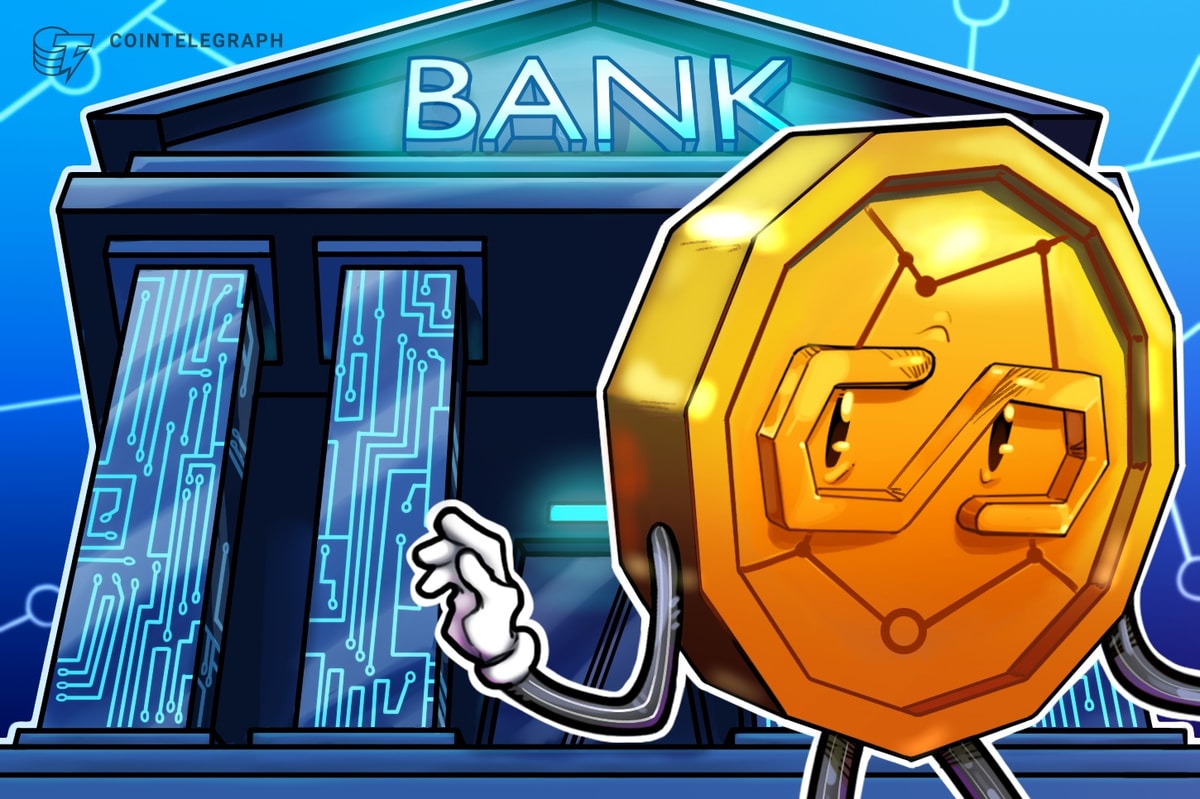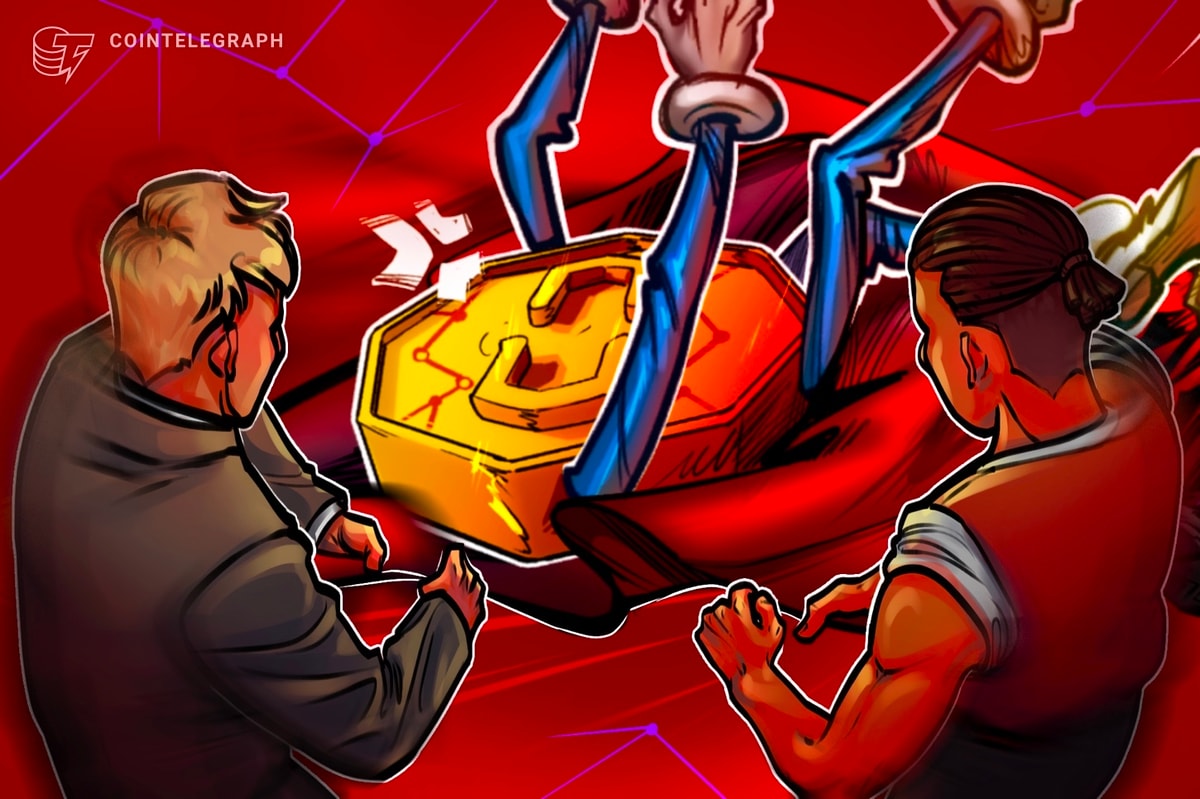Doc.ai is hoping to revolutionize the medical industry by bringing AI doctors to all through their smartphones. Using Blockchain technology, the platform will be able to collect masses of medical data globally and generate insights from that information.
Furthermore, through machine learning, the data collected will be analyzed and processed in order to provide personalized feedback to users about their own medical issues.
Intersection of AI and Blockchain technology
Doc.ai’s platform aims to provide users with the ability to essentially call on a doctor in their pocket. However, because medical practitioners are in short supply, difficult to access and expensive, this company is looking at powerful technologies rather than humans.
The intermingling of the burgeoning technology of Artificial Intelligence and equally revolutionary Blockchain has seen Doc.ai’s team propose their platform can answer personal medical questions - from masses of data collected - at a touch of a button.
"We are making it possible for lab tests to converse directly with patients by leveraging advanced artificial intelligence, medical data forensics, and the decentralized Blockchain. We envision extensive possibilities for the use of this technology by doctors, patients and medical institutions," comments Walter De Brouwer, founder and chief executive officer of doc.ai.
The details of this platform may sound a lot like science fiction, but it is essentially the manipulation of data which is analyzed by machine learning, to provide medical answers.
Doc.ai's AI technology is designed to use a decentralized, edge-learning network to develop insights based on personal data. An edge-learning network performs deep learning computations at the edge of the network or on a mobile device.
Solving the healthcare problem
It is plain to see that global healthcare is not in a good state. In fact, according to the World Health Organization, there is a shortage of over seven million physicians, nurses and other healthcare professionals worldwide, and the gap is widening.
Doc.ai’s platform could have world-changing repercussions as patients with certain illnesses, or chronic problems can keep on top of their health concerns by utilizing AI doctors on their smartphones.
Questions such as "What should be my optimal Ferritin value based on my iron storage deficiency?" or "How can I decrease my cholesterol in the next three weeks?" can all be answered and additional context given.
This is done through insights gathered from personal medical data along The Neuron Network, which is their decentralized Blockchain.
Incentivized learning
Doc.ai will leverage the Blockchain in order to allow anyone to connect to the network and train their own AI. On this Neuron Network tokens will be used to incentivize, and provide data along it. Users will be rewarded as they train their AI, and furthermore, with these tokens, users can broadcast a competition on the network and create a prize for data scientists.
When these succeed in building a prediction model that provides unique insights into the proposed personal quantified biology profile, the prize will be won through a smart contract.
Investor support
Pantera Capital and Anthony Di Iorio are among the early investors into Doc.ai, and Joey Krug, Pantera’s Co-CIO serves as an advisor to the company. Anthony Di Iorio is especially appreciative of the potential of the project, commenting “I am amazed by the potential that doc.ai technology has for millions of people all over the world and possible network effects of the NRN token."
Disclaimer. Cointelegraph does not endorse any content or product on this page. While we aim at providing you all important information that we could obtain, readers should do their own research before taking any actions related to the company and carry full responsibility for their decisions, nor this article can be considered as an investment advice.











